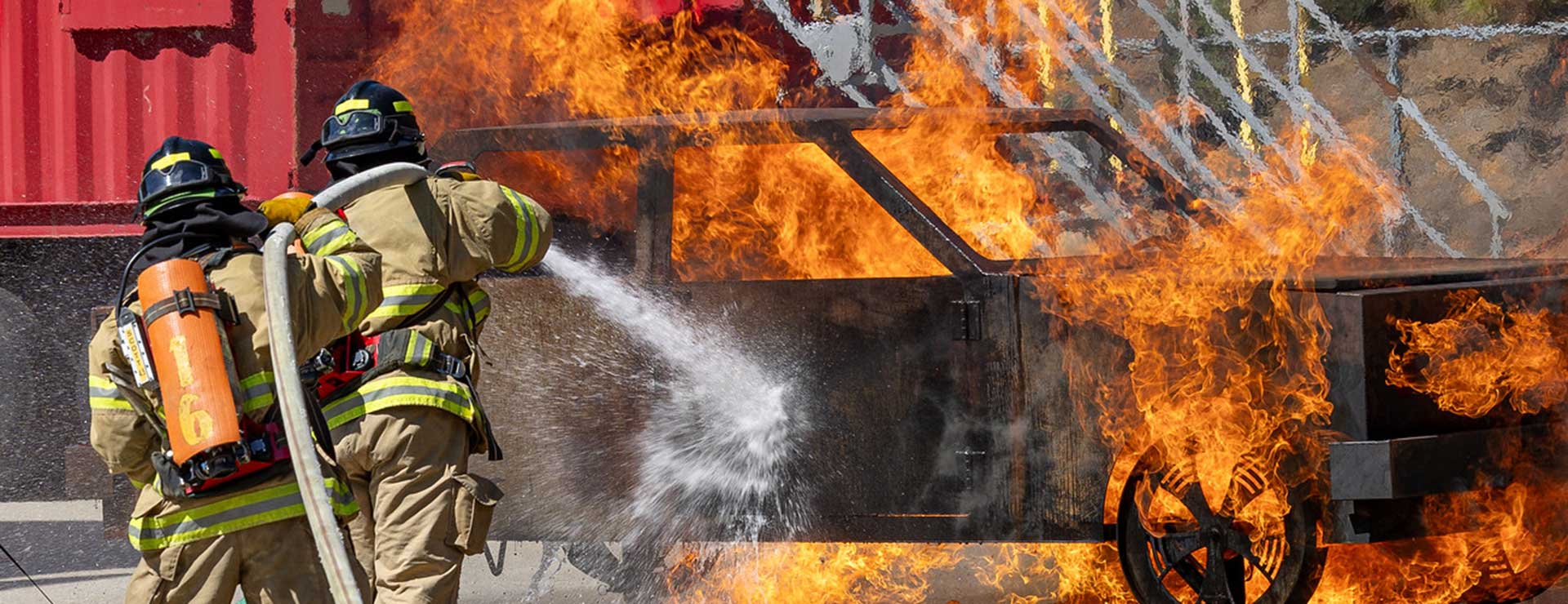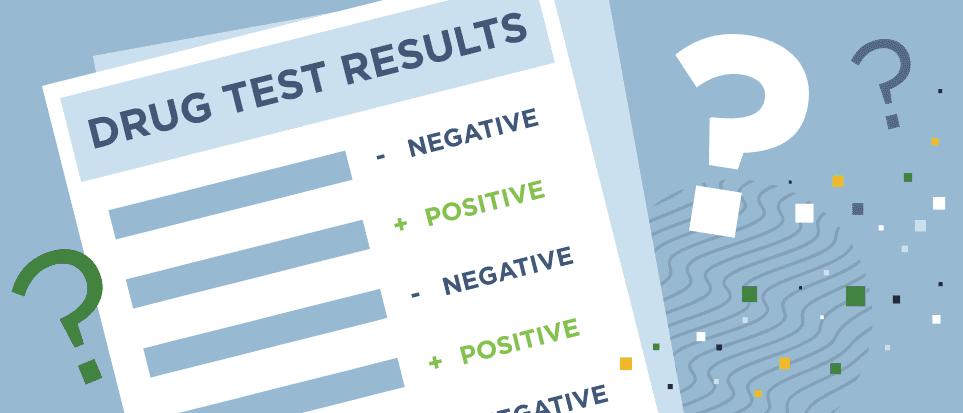If you’re asking yourself, “can you be a firefighter with a DWI?”—you’re not alone, and you’re definitely not the first to worry about how one mistake might impact a lifelong dream. The good news is that a DWI doesn’t always mean the end of the road for aspiring firefighters. But it does mean your path may look different, come with more hurdles, and demand more from you than most.
This article walks through what a DWI means for firefighter applicants, how departments typically respond, and what you can do to improve your chances. We’ll explore real-life stories, hiring policies across the country, and give you a no-nonsense breakdown of your options moving forward.

Understanding the Role of a Firefighter—and Why a DWI Matters
Firefighters are more than first responders. They are public servants, role models, and symbols of community trust. That’s why firefighter departments across Texas—and the entire U.S.—hold applicants to high moral and behavioral standards. A DWI (Driving While Intoxicated) conviction might signal a lapse in judgment, and hiring boards want to know it was a one-time event, not part of a pattern.
While there’s no federal law that universally disqualifies candidates with DWIs from firefighter positions, each jurisdiction, city, or fire department has the discretion to create and enforce their own hiring criteria. And DWIs often raise red flags that put your application under extra scrutiny.
Real-Life Story: From Mistake to Redemption
Consider the story of Jason, a 24-year-old volunteer firefighter in a small Texas town. At age 21, he was arrested for a first-time DWI after leaving a graduation party. He blew a 0.10—just over the legal limit—and pled guilty. Jason completed probation, attended every class, paid his fines, and committed to staying sober.
Three years later, Jason applied for a full-time firefighter position in a neighboring city. Despite his qualifications, he was initially passed over because of the DWI. But he didn’t give up. He requested a meeting with the fire chief, presented character references, and spoke openly about his mistake and what he learned. Six months later, after another opening came up, Jason was hired.
Jason’s journey isn’t just inspirational—it’s instructional. It shows that you can be a firefighter with a DWI—but you need to be proactive, prepared, and committed to rebuilding trust.
Can You Be a Firefighter with a DWI? Short Answer: It Depends
The real answer to “can you be a firefighter with a DWI?” is a frustrating “maybe.” It all comes down to:
- The severity and recency of the offense
- Whether it was a misdemeanor or felony
- The department’s individual hiring policy
- Your overall background, training, and performance
- Your personal growth and rehabilitation efforts

Let’s look at how each of these factors plays into your chances.
Misdemeanor vs. Felony DWI
Most first-timeDWI offenses in Texas are classified as misdemeanors, especially if there was no accident or injury involved. While this is still serious, it’s far less damaging than a felony DWI, which typically involves aggravating circumstances such as:
- A child passenger in the vehicle
- Causing bodily injury or death
- Having multiple prior DWI convictions
If your conviction is a felony, your odds of becoming a firefighter drop significantly, especially if the department has a “no felony” policy.
How Long Ago Was the DWI?
Time heals wounds—and it can heal applications, too. A DWI from ten years ago carries far less weight than one from last year. Most fire departments place a time buffer around past offenses, often requiring at least three to five years from the date of conviction before they’ll consider your application seriously.
If you’re still within that window, focus on building a strong resume and positive community contributions until you’re eligible to apply.
How Transparent Are You?
One of the worst things you can do is try to hide your DWI from the fire department’s background check. In Texas, DWI convictions stay on your record unless expunged or sealed—and most departments run thorough background checks, especially on driving-related offenses.
If you own the mistake from the start, explain what happened, and show how you’ve grown since, you stand a much better chance of earning their trust.
What Fire Departments Look for Beyond the DWI
Yes, a DWI can damage your chances—but it doesn’t automatically define you. Hiring committees will often look at the entire person, which includes:
- Education and certifications (EMT, fire academy)
- Work experience or volunteer service
- Military background (if applicable)
- Community involvement
- Letters of recommendation
- Behavior during the interview
- Clear drug testing results

If your DWI is your only blemish in an otherwise strong profile, it might be considered a youthful error—especially if you can show a clear turnaround.
Do You Need to Disclose a DWI When Applying?
Absolutely. Firefighter applications will usually ask if you’ve ever been convicted of a crime, including misdemeanors. Lying or omitting the DWI is a quick way to get disqualified—even if you’re otherwise the perfect candidate.
Most departments will appreciate your honesty more than you think. What matters is how you explain the situation. Avoid excuses. Speak with ownership and focus on what you’ve done since then to grow, learn, and contribute to your community.
Can Expunging a DWI Help?
Texas allows for limited expungement or record sealing (called an Order of Nondisclosure) in specific cases. If your DWI case was dismissed, you were found not guilty, or you successfully completed deferred adjudication, you may be eligible to have it sealed.
Sealing your record doesn’t make the offense disappear entirely, but it prevents most public employers from seeing it. However, fire departments may still request access to sealed records, especially if they conduct deep background checks.
Still, sealing a DWI conviction can help you in other aspects of your life—insurance, housing, and non-public sector jobs—so it’s worth looking into with an attorney.
State-by-State Variations: What You Need to Know
While this article focuses on Texas, it’s worth noting that firefighter hiring policies vary by state and even by department.
Some states have statewide civil service requirements that outline background disqualifiers for first responders. Others leave it entirely to the discretion of each department. For example:
- California: Felony DWIs often result in automatic disqualification.
- Florida: Some departments allow misdemeanor DWIs if more than five years old.
- New York: Candidates with sealed misdemeanor DWIs may still qualify after review.
- Texas: Policies vary widely by city and county. Houston may be more forgiving than smaller towns.
Before applying, research the specific department’s eligibility criteria or call a recruiter anonymously to ask how DWIs are handled.
The Fire Service Code of Conduct and Public Trust
Firefighters are held to high moral standards. They’re often responsible for driving emergency vehicles, entering homes, and interacting with vulnerable members of the community. A DWI calls that trust into question—but it’s not insurmountable.
Departments want to know that you’ve addressed the root of the problem. Did you go through treatment? Attend a DWI education course? Volunteer with advocacy groups like MADD (Mothers Against Drunk Driving)? These actions speak louder than words.
Real-World Example: The Second Chance That Made a Hero
In El Paso, Antonio had a DWI at 22 after a night out during spring break. He thought his firefighter dream was over. But instead of giving up, he focused on building a clean record. He enrolled in EMT school, volunteered at a local station, and even spoke at local high schools about the dangers of impaired driving.
By 27, Antonio had been sober for five years and had earned multiple certifications. When he applied to the department, his file included letters from former captains, teachers, and community leaders. The review board saw someone who learned from a mistake—not someone to be feared.
Antonio now works as a full-time firefighter and runs an outreach program for at-risk youth. His story proves that you can be a firefighter with a DWI, but only if you’re willing to prove you’ve changed.
Practical Steps to Take If You Have a DWI
So what should you do right now if you want to become a firefighter but have a DWI on your record? Start with these steps:
- Request a Copy of Your Criminal Record: Know exactly what departments will see.
- Consult an Attorney: Ask about expungement or nondisclosure options.
- Complete All Court Requirements: Fines, probation, classes—do it all and document it.
- Pursue Fire and EMT Training: Stack your resume with relevant skills and certifications.
- Build Your Reputation: Volunteer, work with mentors, and gather character references.
- Stay Out of Trouble: A second offense will likely eliminate your chances.
- Be Honest in Applications: Own your past and share how you’ve grown from it.
:max_bytes(150000):strip_icc()/GettyImages-1186821733-8293b36141c947c68f635ae24eecfaa3.jpg)
Final Thoughts: Don’t Let One Mistake Define You
If you’ve asked, “can you be a firefighter with a DWI?”—know this: one mistake doesn’t have to derail your future. Yes, the path will be harder. Yes, you’ll face more questions and more skepticism. But no, your dream is not dead.
Departments value integrity, resilience, and personal growth. If you can show that your DWI was a turning point—and not a defining characteristic—you may still have a shot at joining the fire service. And that second chance could turn you into the kind of firefighter who saves lives, not just from fire, but from bad choices too.

